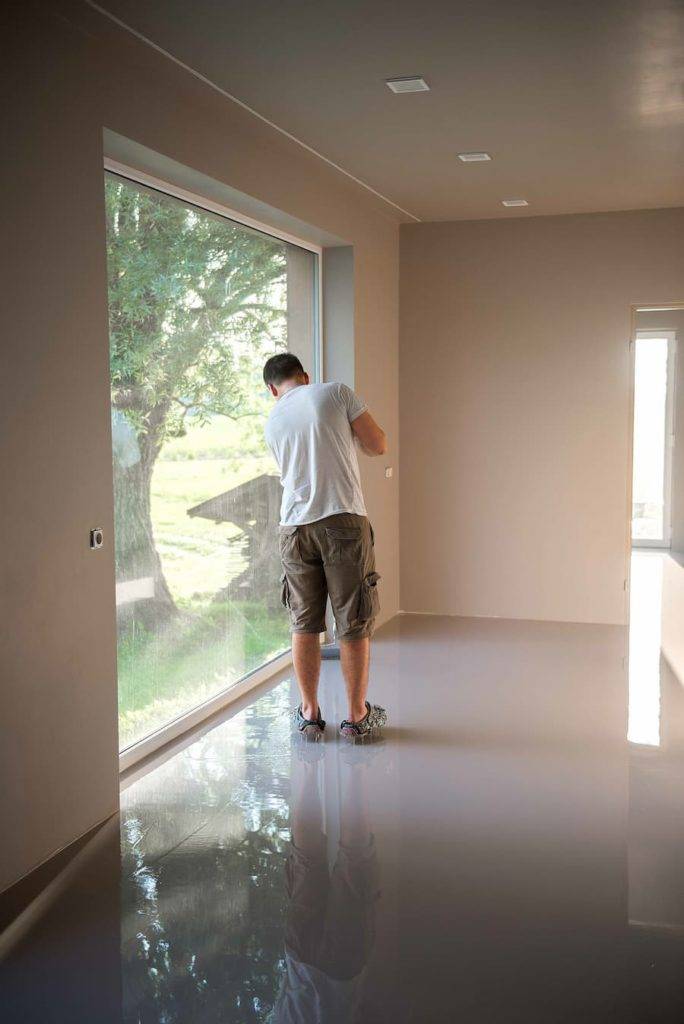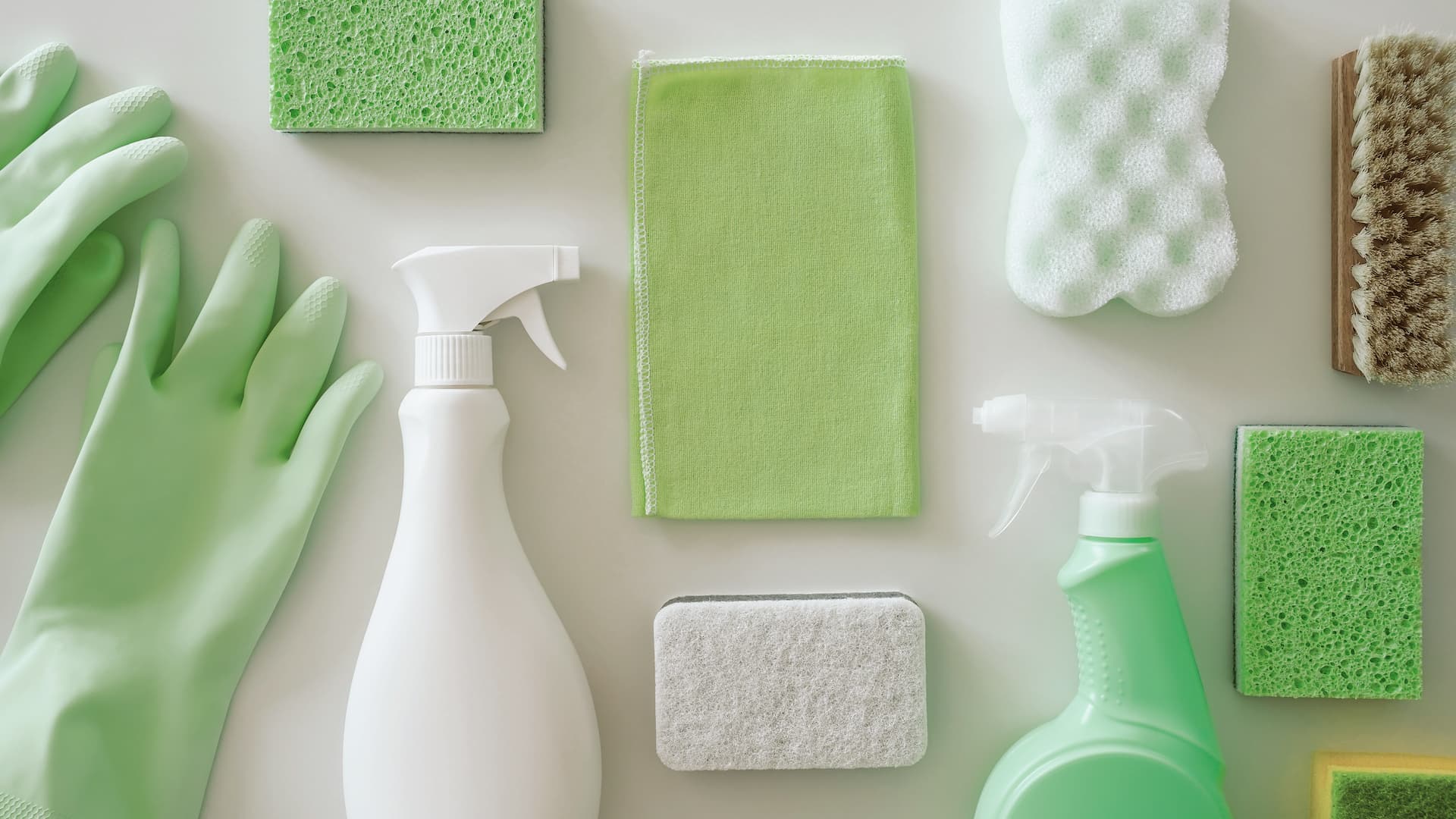Choosing the right floor paint can significantly enhance the durability and appearance of your floors. With a variety of options available, it’s important to select the paint that best suits the type of flooring you have.
This guide will help you understand the different types of floor paint and how to choose the best one for your needs.
Types Of Paint For Different Types Of Floors
Concrete Floors: this kind of flooring is common in garages, basements, and industrial settings. For these floors, epoxy floor paint is an excellent choice. It is durable, resistant to chemicals, and can withstand heavy foot and vehicle traffic. Additionally, epoxy paint provides a glossy finish that is easy to clean.
Wood Floors: timber floors require a paint that can flex with the natural movement of the wood. Acrylic floor paint is a good option as it is flexible and resistant to cracking. It also provides a durable finish that can withstand the wear and tear of daily use. For a more traditional look, consider using oil-based paint, which offers a hard, long-lasting finish.
Tile Floors: Painting tile floors can be tricky, but with the right paint, it is possible to achieve a durable and attractive finish. Urethane-based paint is ideal for tile floors as it adheres well to the slick surface of tiles and is highly durable. Make sure to thoroughly clean and prime the tiles before painting to ensure the best adhesion.
Vinyl and Linoleum Floors: These types of floors are often found in kitchens and bathrooms. For vinyl and linoleum, choose a paint that is specifically formulated for these materials. Latex floor paint is a good choice as it adheres well and provides a durable finish. It is also easy to apply and clean up.
What To Consider When Choosing Floor Paint
When selecting floor paint, consider the following factors to ensure you choose the right product for your needs:
Durability: Choose a paint that can withstand the level of traffic and wear your floor will experience. For high-traffic areas, epoxy or urethane-based paints are recommended.
Moisture Resistance: If the floor is in a damp or humid area, select a paint that is resistant to moisture and mould. Epoxy and latex paints are good options for these environments.
Ease of Application: Some floor paints are easier to apply than others. If you plan to do the job yourself, consider a paint that is user-friendly and requires minimal preparation.
Finish: Decide on the finish you want for your floor. Glossy finishes are easier to clean, while matte finishes can hide imperfections better.

Application Tips
Proper application of floor paint is crucial to achieving a professional-looking and long-lasting finish. Follow these steps to ensure the best results:
- Preparation: Thoroughly clean the floor to remove any dirt, grease, or old paint. For porous surfaces like concrete, consider using a primer to ensure better adhesion.
- Mixing: Stir the paint well before use to ensure an even consistency. For two-part paints like epoxy, mix the components as per the manufacturer’s instructions.
- Application: Use a roller or brush suitable for the type of paint you are using. Apply the paint in thin, even coats, allowing each coat to dry completely before applying the next.
- Drying and Curing: Allow sufficient time for the paint to dry and cure fully before using the floor. This can vary depending on the type of paint and environmental conditions.
Choose Hydron PC For Quality Floor Paint
If you’re looking for a supplier of quality paints, then get in touch with Hydron Protective Coatings. We stock only the highest standard of products for our customers, so give us a call to find out more.

